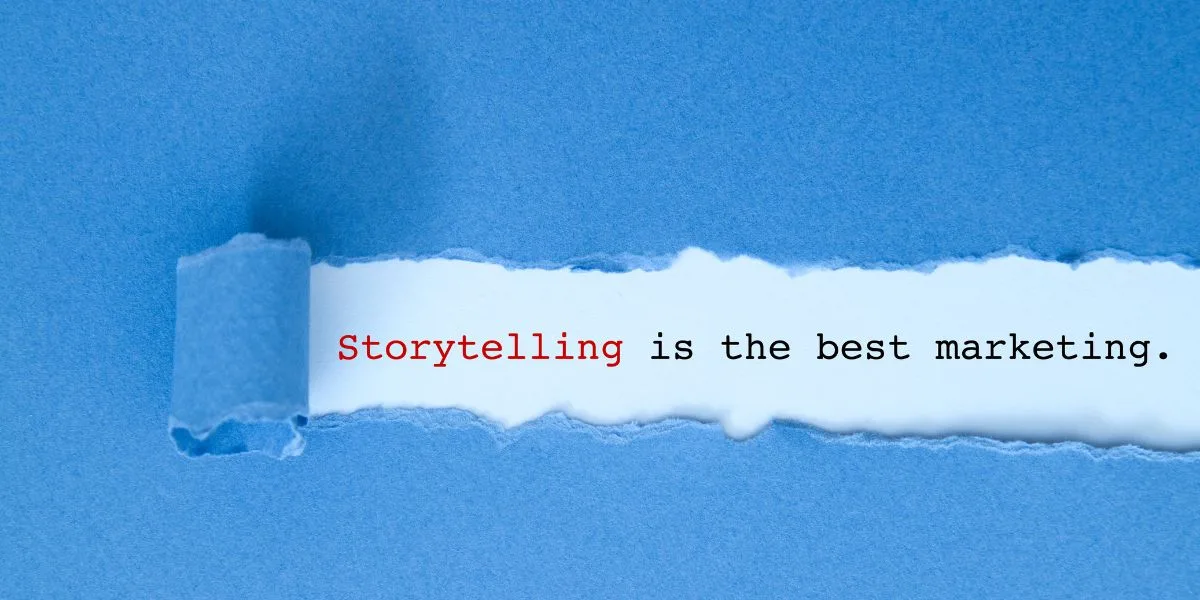Listen to this Article
The Baby Boomer generation is transforming the Medicare landscape, creating both opportunities and challenges for the healthcare system. As tens of millions of Baby Boomers retire and transition into their senior years, the demand for Medicare services is soaring. This demographic shift places immense pressure on an already strained system, highlighting the growing need for knowledgeable Medicare agents to guide retirees through the complexities of the program.
For Medicare agents, this presents a critical opportunity to connect with potential beneficiaries through multichannel marketing strategies. By leveraging multiple channels—whether through digital ads, email marketing, social media, or direct outreach—agents can ensure they reach and educate those who need it most.
As Medicare faces mounting challenges, including funding and sustainability, agents will be essential in helping retirees navigate their healthcare options and secure the care they deserve. Let’s explore the impact of the Baby Boomer spike on Medicare, the challenges it poses, and why Medicare agents are more important than ever in shaping the future of healthcare for retirees.
The Baby Boomer Wave
The Baby Boomer generation, born between 1946 and 1964, represents a massive segment of the U.S. population—roughly 70 million people. Every day, about 10,000 Boomers turn 65, the age at which most individuals become eligible for Medicare. By 2030, all Boomers will be at least 65 years old, swelling the Medicare rolls to over 80 million beneficiaries.
The increase in enrollment, called the “Baby Boomer spike,” is making Medicare an important topic. This is especially true in discussions about healthcare for retirees. While the program has been a cornerstone of retirement security for decades, Medicare’s challenges in the coming years are unprecedented.
Medicare Challenges and the Aging Population
As Baby Boomers age, they are living longer than previous generations. However, they also have poorer health. While this is a testament to advancements in healthcare, it also means that retirees are using Medicare benefits for a more extended period. Many Boomers also deal with chronic health issues like diabetes, arthritis, and heart disease. These conditions need regular care and raise healthcare costs.
This combination of longer lifespans and chronic health issues is contributing to several Medicare challenges, including:
- Rising Costs: The cost of providing healthcare for retirees is skyrocketing. Medicare spending accounted for $944.3 billion in 2022.
- Increased Demand for Services: With more beneficiaries entering the system, the demand for hospital stays, outpatient visits, and prescription medications is higher than ever.
- Healthcare Workforce Strain: The influx of Medicare beneficiaries is also straining healthcare providers, leading to concerns about wait times and access to quality care.

Medicare Funding Challenges
Medicare is primarily funded through payroll taxes, general revenue, and premiums paid by beneficiaries. However, the Hospital Insurance (HI) Trust Fund, which finances Medicare Part A, is facing a funding shortfall. According to recent projections, the fund could become depleted by 2036.
If this happens, Medicare could cover only about 90% of its costs. This would lead to lower payments to healthcare providers and possible cuts to services for retirees. This is one of the most pressing Medicare funding challenges and highlights the need for sustainable solutions.
The Ripple Effect of Medicare Challenges
The challenges facing Baby Boomers and Medicare go beyond individual beneficiaries. These issues have a ripple effect that impacts the entire healthcare system and economy:
- Increased Healthcare Costs: As Medicare struggles to meet rising demand, healthcare providers may shift costs to private insurers, leading to higher premiums for everyone.
- Taxpayer Burden: Without adjustments, taxpayers could face higher payroll taxes or general taxes to fund Medicare.
- Generational Tensions: Younger generations might bear the financial strain of supporting an aging population, leading to broader social and economic challenges.
Potential Solutions for a Sustainable Future
Addressing Medicare funding challenges requires a multi-faceted approach. Policymakers, healthcare providers, and individuals all have a role to play in ensuring Medicare’s sustainability. Some potential solutions include:
- Raising the Payroll Tax Cap: We can increase or remove the limit on taxable income for Medicare payroll taxes. This change could generate more money for the program.
- Promoting Preventative Care: Encouraging retirees to live healthier can help them avoid chronic conditions. This can lower long-term healthcare costs.
- Adjusting Eligibility Requirements: Gradually raising the Medicare eligibility age or implementing means-tested benefits could help balance the system.
- Expanding Funding Sources: Exploring alternative funding mechanisms, such as public-private partnerships, could help alleviate financial pressures.

Why Medicare Matters for Retirees
For Baby Boomers and future generations, Medicare represents a lifeline. It provides access to essential healthcare services that many retirees could not afford otherwise. With the rising costs of healthcare and the unpredictability of future medical needs, Medicare is the safety net for this generation. It includes hospital stays, doctor visits, prescription drugs, and preventive services. This makes it a valuable resource for millions of Americans.
Ensuring the program’s sustainability is not just about balancing budgets; it’s about protecting the health and well-being of retirees. As more Baby Boomers reach retirement age, the number of individuals relying on Medicare is increasing.
This is where Medicare agents can play a crucial role. Agents help retirees understand their Medicare options. They connect with eligible individuals and guide them through the process. This way, retirees can make the most of their benefits.
The Importance of Medicare Agents
As Baby Boomers age, the need for informed Medicare recipients becomes more critical. Medicare can be challenging to navigate, with a range of plans, coverage options, and eligibility rules. For many retirees, choosing the right Medicare plan is a daunting task.
This is where Medicare agents become invaluable. Their role extends beyond selling insurance policies—they educate and guide eligible individuals through their Medicare options, offering personalized assistance in a system where one-size-fits-all doesn’t apply.
Agents increasingly turn to Medicare seminars and webinars to effectively reach, educate, and assist Baby Boomers. These formats provide an interactive platform to deliver critical information about Medicare Advantage, Medigap, Original Medicare, and prescription drug coverage. Seminars and webinars allow agents to address common questions, clarify misconceptions, and empower attendees to make informed decisions about their healthcare.
By offering accessible, easy-to-understand guidance through these events, Medicare agents position themselves as trusted advisors who bring clarity and confidence to the Medicare enrollment process. These opportunities foster meaningful connections and help agents build their reputation as reliable resources for navigating complex Medicare options.
Unlock the Key to Medicare Seminar Success
Get your free Medicare Seminar Handbook for everything you need to plan, prepare, and execute a successful seminar.
The Growing Need for Medicare Agents
With the number of Baby Boomers entering retirement every day, the demand for Medicare guidance is escalating. By 2030, it is estimated that one in every five Americans will be over the age of 65. As more people become eligible for Medicare, the need for agents is paramount.
This presents a significant opportunity for Medicare agents. The Baby Boomer generation is not only large but also diverse. Many seniors may need assistance that goes beyond simple plan selection. Medicare agents who can provide personalized advice and build lasting relationships with clients will be in high demand.
Strengthening Medicare’s Promise for the Future
Medicare is important for helping retirees get the care they need. We must address its challenges to keep it effective. Medicare agents are an essential piece of the puzzle, helping bridge the gap between the system’s complexities and retirees’ real-world needs.
Medicare’s challenges are significant, but they also present an opportunity for change, innovation, and improvement. Through their expertise and dedication, Medicare agents are uniquely positioned to shape the future of healthcare for retirees. By tackling today’s challenges and educating beneficiaries, agents can help protect Medicare’s legacy. This ensures it stays a vital resource for future generations.










